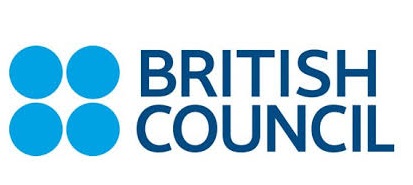Introduction
• There needs to be a radical change in how the built environment sector operates as a whole with natural disasters happening across the world from storms, floods and wildfires as direct outcomes of climate change. Moreover, due to anthropogenic activities, many communities are struggling with local issues such as air quality and public health, inequality and social justice, and lack of job opportunities. Reducing carbon emissions will ultimately bear a positive impact on the environment and on climate change mitigation. Universities now aspire to establish regenerative campuses of Net Zero Carbon to achieve local and national targets, by bringing on board staff, students and the wider communities along their ambitious plans. .
• NZCC project aims to mobilise universities in achieving Net Zero Carbon Campuses by 2050 while simultaneously creating a ripple effect into the communities and businesses that will lead to positive changes within local communities and governments. This could be achieved by embedding net zero carbon expertise in teaching, learning, research and training, and exploring the efficiency of net zero carbon technologies in university estates and operations culture and infrastructure.
The Competition Main Goals and Objectives
• The main goal is to raise the awareness, promote and support the acceleration of net zero carbon campuses.
• The competition aims to generate ideas and solutions, enhance learning and knowledge sharing, and to push the boundaries to reduce carbon emission and reach net zero emissions status in university campuses.
Each competitor should consider but not limited to the following themes
Energy Efficiency
- Passive design strategies
- Active design strategies (energy efficient strategies)
- Renewable energy
- Energy/carbon management (carbon footprint, operational carbon, net carbon balance, etc.)
Embodied Carbon
- Material and resource efficiency
- Material reuse and recycling (Cradle to Cradle)
Health and Wellbeing
- Occupant comfort and wellbeing (thermal comfort, daylight, acoustics, ventilation, air quality, safety, nourishment, fitness, mind, etc.)
Awards and prizes
GBP
The first prize winner
GBP
The second prize winner
GBP
The third prize winner
After selection and announcement of winners, selected projects will be nominated to showcase at the 27th session of the Conference of the Parties (COP 27) to the UNFCCC will take place in Sharm El-Sheikh, Egypt.
Competition Timetable
Competition Announcement
6/15/2022
Registration Deadline
9/15/2022
Opening Q&A
6/15/2022
Closing Q&A
9/15/2022
Final collective Q&A sent to all competitors
9/22/2022
Submission Deadline*
10/22/2022
Jury sessions
10/24/2022
Public Announcement of winners, press conference and opening exhibition TBC
10/27/2022

Competition Honorable Chair
the Minister of Higher Education and Scientific Research.

Competition Chair
Dean of the Faculty of Engineering Ain Shams University Professor of Urban Design and Planning.
Competition Organizing Committee
Jury
Partners
Under the auspices of the Ministry of Higher Education and Scientific Research

Funded by

